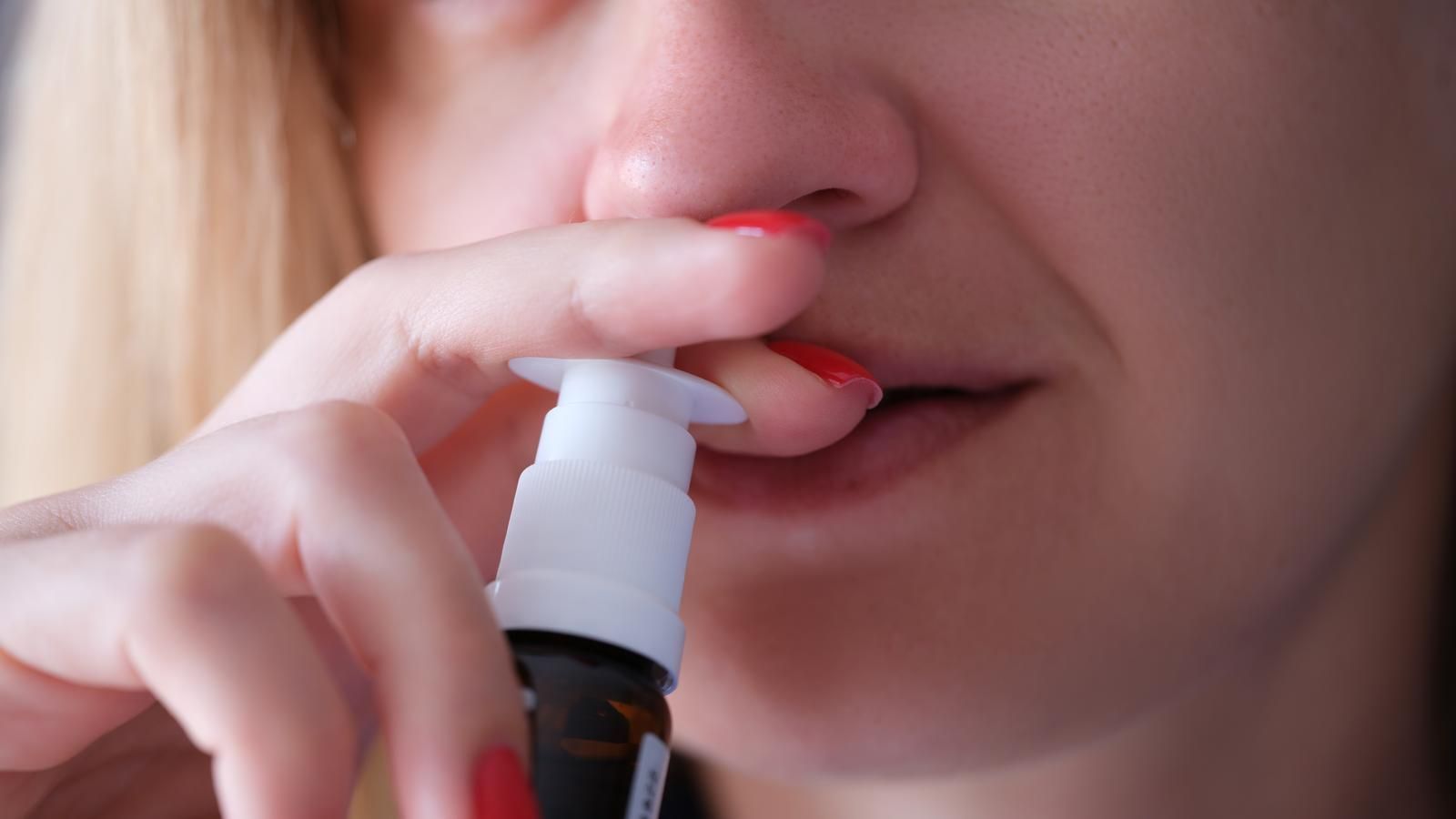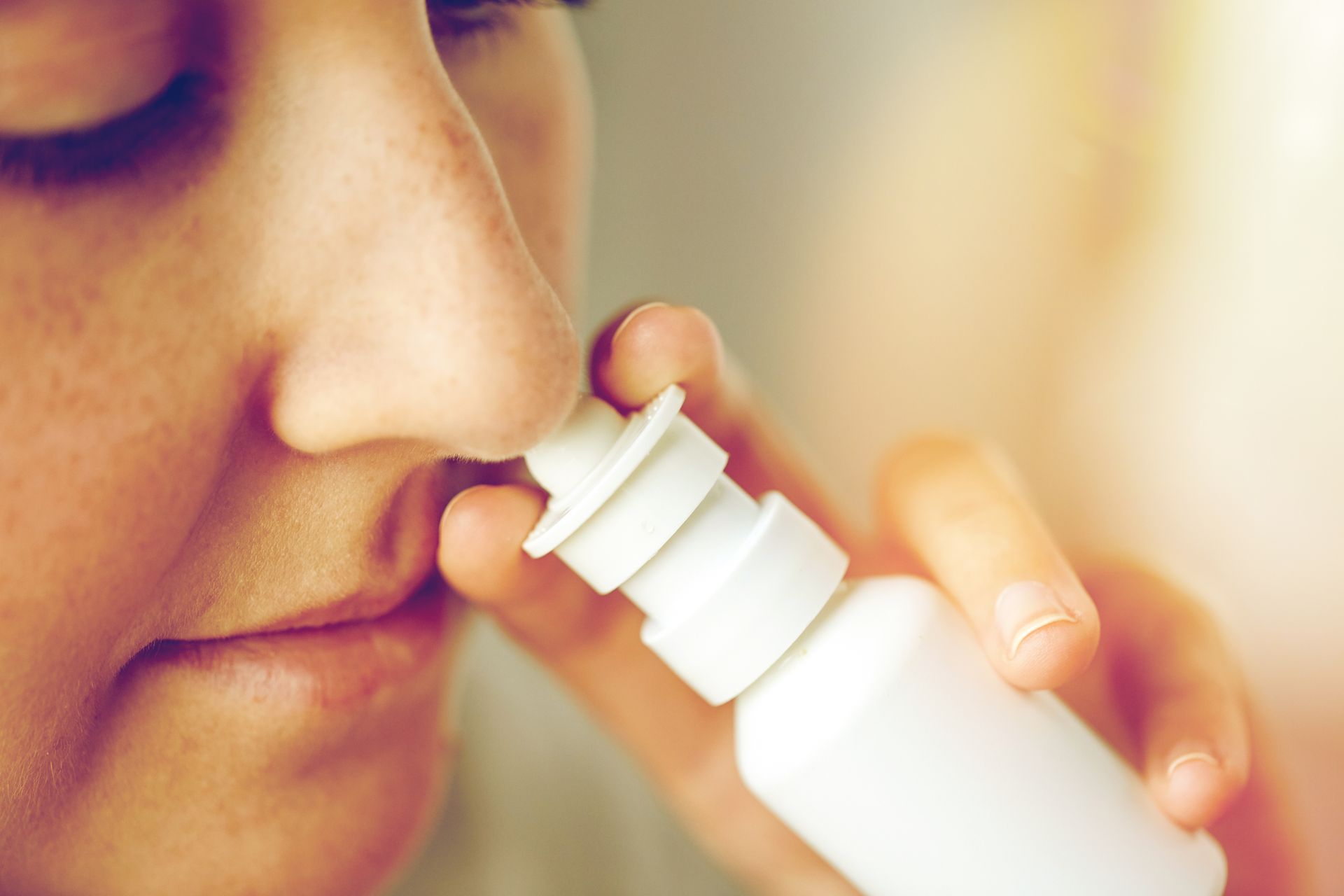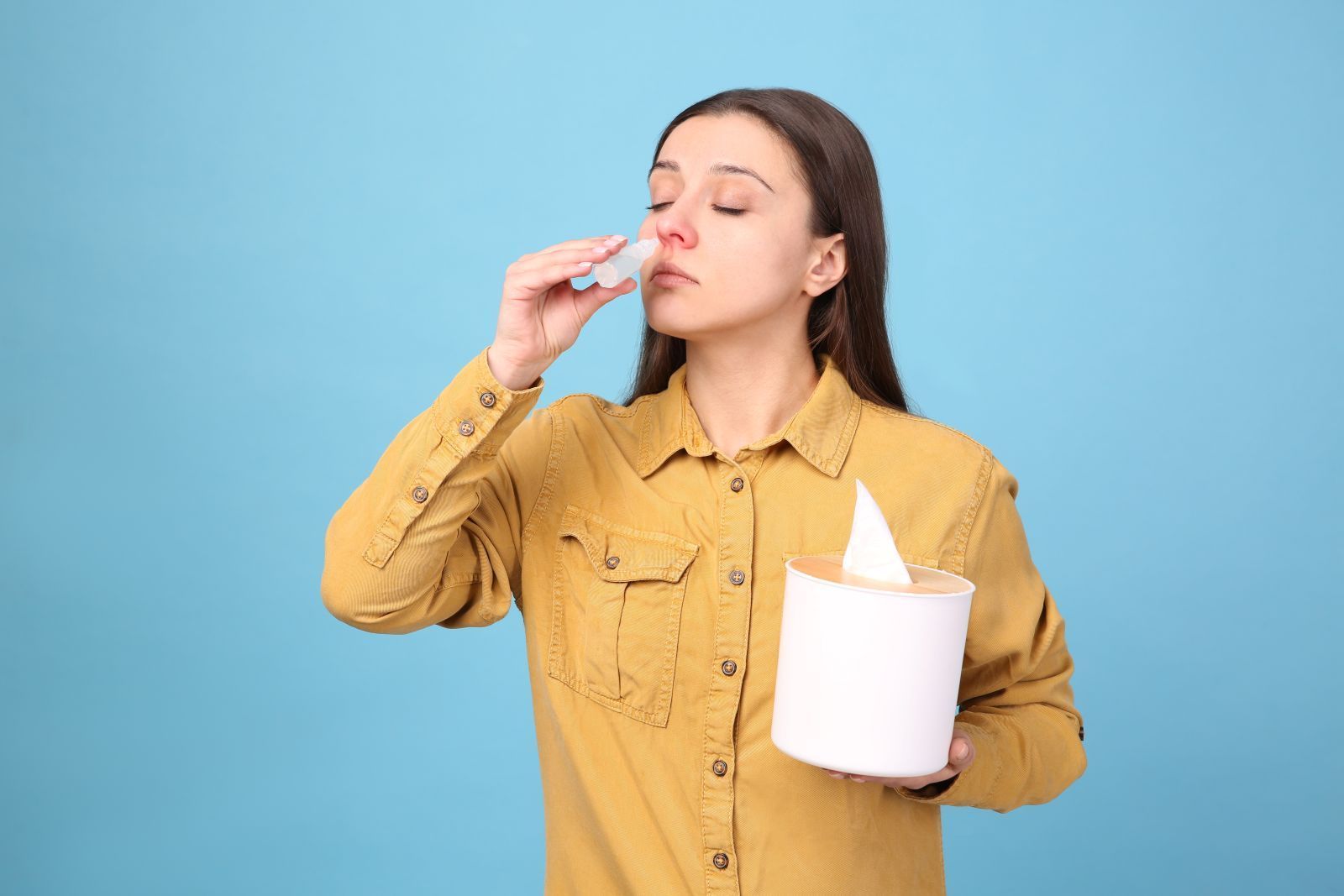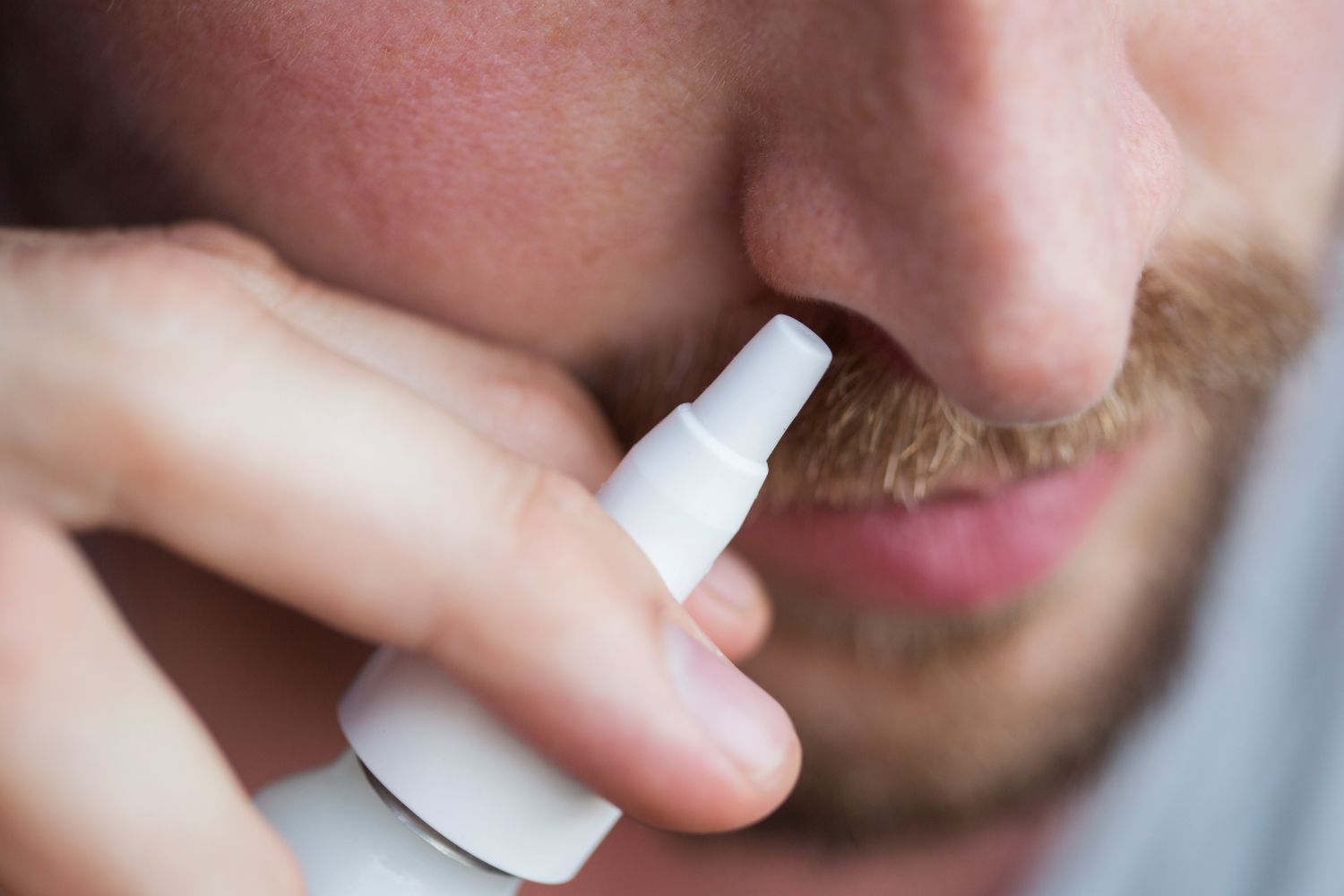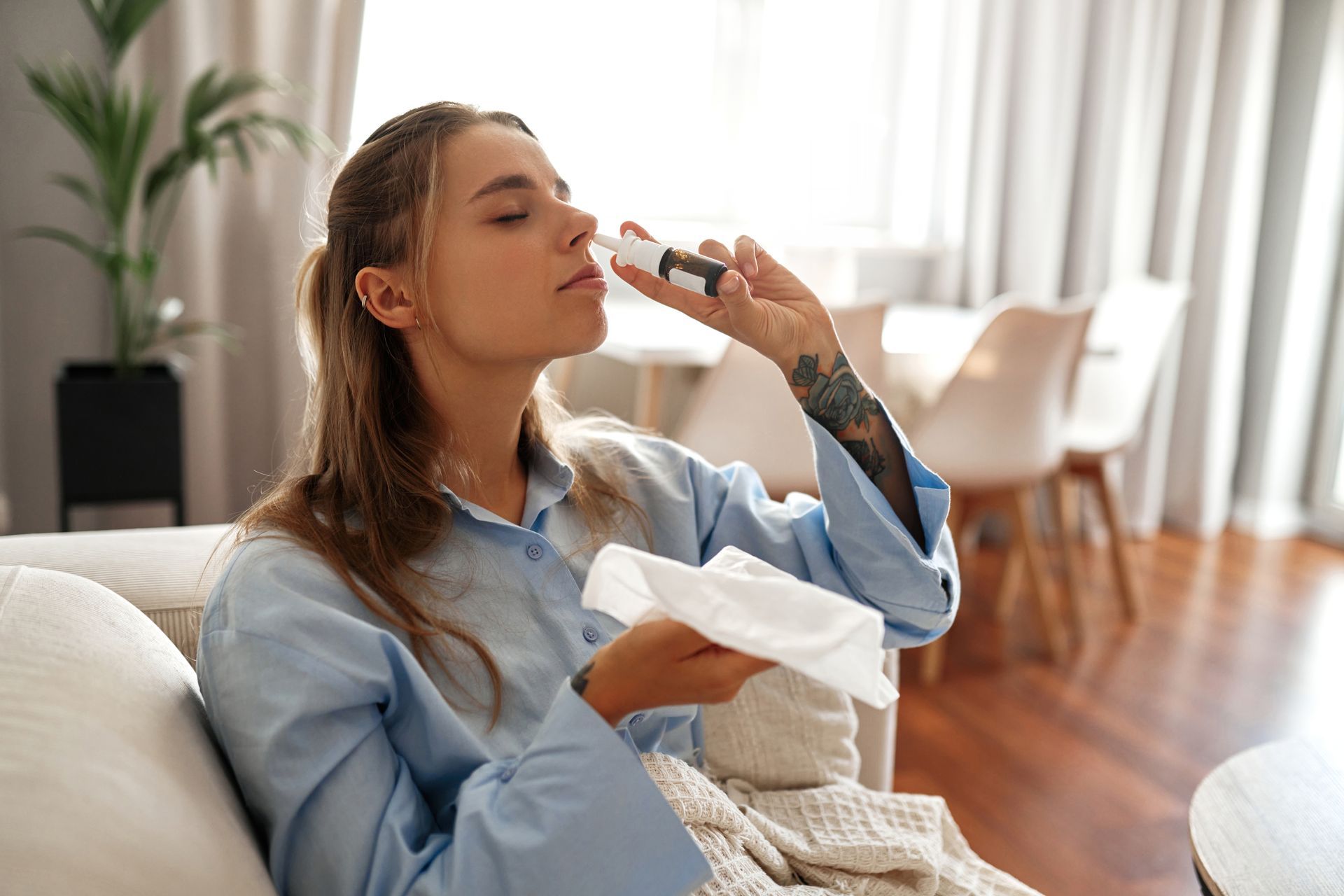Is Rose Geranium Oil and Vitamin E Good for a Dry Nose?
A Natural Remedy for Moisture and Comfort
A dry nose can make breathing uncomfortable, affect your sleep, and even lead to cracking and soreness. While over-the-counter saline sprays and ointments are common remedies, you might be curious about natural alternatives. Two ingredients that often come up in this conversation are rose geranium oil and vitamin E. But do they really work, or is it just a pleasant-smelling myth?
Let’s take a closer look whether rose geranium oil and Vitamin E can help alleviate the discomfort of a dry nose, supported by scientific research and practical advice.
Safety Warning: Never Apply Oils Directly to Your Nose
This is the most important point to remember: Never apply pure, undiluted essential oils like rose geranium directly to your skin—especially the sensitive mucous membranes inside your nose. Doing so can cause severe irritation, burning, and allergic reactions.
Essential oils are highly concentrated and must be diluted in a "carrier oil" before safe topical application. This is where vitamin E comes in, it can act as both a healing agent and a gentle carrier oil.
What is Rose Geranium Oil?
Rose geranium oil is steam-distilled from the leaves of the Pelargonium graveolens plant. It’s celebrated for its floral scent and its wide range of potential therapeutic properties.
What Does the Research Suggest?
While direct studies on rose geranium oil for nasal dryness are limited, research points to properties that could be beneficial:
- Anti-Inflammatory Action: Inflammation is a major contributor to nasal discomfort. A 2013 study demonstrated that rose geranium oil has significant anti-inflammatory effects. Additionally, a clinical trial conducted by Mayo Clinic shows that rose geranium and sesame oils improved the nasal vestibulitis in cancer patients receiving chemotherapy. Nasal vestibulitis is the inflammation of the area just inside the nostrils. By reducing inflammation, these oils can help soothe irritated skin and membranes inside the nose.
- Antimicrobial and Wound Healing: A dry, cracked nose is a vulnerable entry point for bacteria. Rose geranium oil has demonstrated antimicrobial properties. A 2016 review in the Journal of Essential Oil Research highlighted its effectiveness against various bacteria and fungi (Boukhatèm et al., 2016). By keeping the area clean, it may support the natural healing process of cracked skin.
- Astringent Properties: Rose geranium oil is known as an astringent, meaning it can help tighten tissues and reduce excess oil. While this might seem counterintuitive for dryness, it can help balance moisture levels in the skin around the nostrils.
Vitamin E: A Hydrating Ally for Your Nose
Vitamin E is a fat-soluble vitamin that is well-known for its skin benefits. It has moisturizing, healing, and antioxidant properties, which is why it is often included in skincare products.
What Does the Research Suggest?
The evidence for vitamin E in skin health is robust and well-established.
- Powerful Moisturization: Vitamin E is an excellent emollient. This means it helps to soften and soothe the skin by forming a protective barrier that prevents water loss improving skin hydration.
- Antioxidant Protection: Our skin is constantly exposed to environmental stressors that cause oxidative damage, worsening dryness and aging. Vitamin E neutralizes these free radicals. A 2022 study systematic study confirmed that vitamin E protects the skin barrier and has strong anti-inflammatory effects.
- Supporting Skin Barrier Repair: A dry nose often means a compromised skin barrier. Researches emphasize that vitamin E is important for maintaining and repairing the skin’s outermost layer, helping it recover from cracking and irritation.
Combining Rose Geranium Oil and Vitamin E for Maximum Relief
Both rose geranium oil and Vitamin E have their individual benefits, and using them together could provide synergistic effects. Rose geranium oil can help reduce inflammation, while Vitamin E provides deep hydration and promotes healing.
You can create a simple, safe balm at home using diluted rose geranium oil and Vitamin E oil. For those who prefer ready-made options, some commercial products are formulated with similar principles in mind. For example, Narisure Dry Nose Relief uses a blend of sesame oil and antioxidants to moisturize nasal passages.
The Bottom Line: Is It Good?
Based on their individual properties, rose geranium oil and vitamin E can be a beneficial natural remedy for soothing the dry, cracked skin around the outside of the nose.
- Vitamin E provides direct, research-backed moisturization and barrier repair.
- Rose geranium oil may add anti-inflammatory and protective benefits.
However, it's important to note that this is not a cure for underlying conditions causing nasal dryness, such as Sjögren's syndrome, certain medications, or chronic sinusitis. If your dry nose is severe, persistent, or accompanied by bleeding or pain, consult an ear, nose and throat specialist to rule out more serious issues.
For occasional dryness triggered by weather, air conditioning, or heating, this natural blend can be a gentle and effective way to find comfort.
Disclaimer: This blog post is for informational purposes and does not constitute medical advice. The information herein is not intended to diagnose, treat, cure, or prevent any disease. Always perform a patch test before trying a new topical application and consult with a healthcare professional, such as a doctor or dermatologist, for persistent health issues.
Reference:
1. Boukhatèm, M. N., Ferhat, M. A., Kameli, A., Saidi, F., & Kebir, H. T. (2016). Rose geranium essential oil as a source of new and safe anti-inflammatory drugs. hJournal of Essential Oil Research, *28*(2), 95-105.
